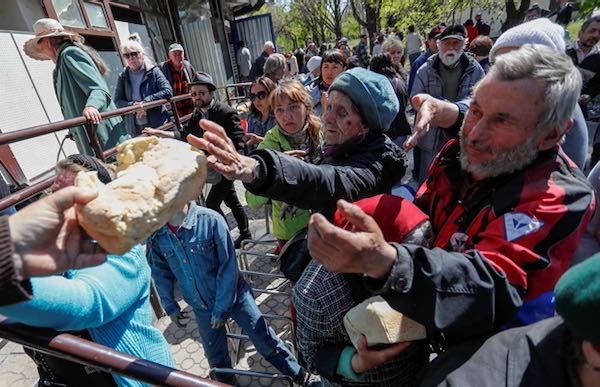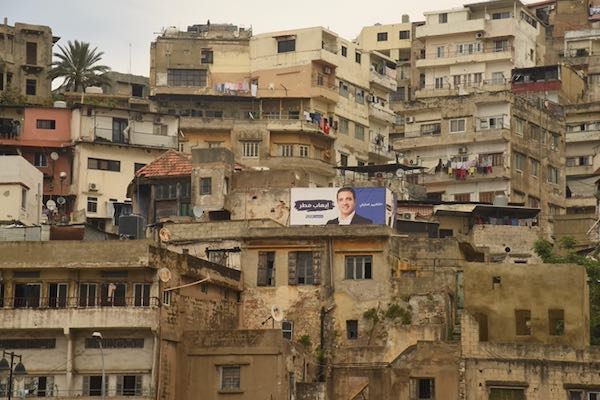Lebanon’s church leaders have urged citizens to vote in the upcoming parliamentary elections, citing the opportunity to affirm democratic values and escape the country's crisis-ridden state, as the nation braces for the long-awaited 15 May polls.
The head of the Maronite Catholic Church, Patriarch Bechara Boutros al Rai, alongside Maronite bishops, insisted the vote was a chance to move towards a path of recovery and an expression of Lebanonese sovereignty.
In a statement following their monthly meeting, the clergymen encouraged “all citizens to actively exercise their constitutional right, with an informed conscience and a sincere patriotic commitment, so that they may contribute to bringing about the desired change and extricating the country from the collapse that awaits it”.
The Middle Eastern nation will vote for the first time since the economy tipped into one of the world’s worst financial crashes in 2019, which saw the Lebanese pound lose 90 per cent of its value, decimatimg the value of salaries and sending inflation rates into triple digits.
The coming election is also a key opportunity to root out a political class who have done little to stem the tide of the collapse, as access to water and electricity failed, and fuel became scarce. What is more, it marks the first time since hundreds of thousands of citizens took to the streets in October 2019 demanding the downfall of the political establishment - widely regarded as corrupt and negligent - in a months-long countrywide protest movement.
The bishops also condemned the “procrastination” of officials in regards to the deal between Beirut and the International Monetary Fund for $3 billion financial support. Last month the IMF reached a staff-level agreement for the four-year package on condition of economic reforms, but critics have accused Lebanese authorities of dragging their feet over the demands.
A total of 1,044 candidates will compete for 128 parliamentary seats, equally divided between Christians and Muslims, as dictated by Lebanon’s confessional power sharing agreement.
The population of six million has a complex religious makeup of 18 different religious sects, among them 12 Christian, including Maronite Catholic, Armenian Orthodox and Greek Orthodox. The president must be a Maronite Christian, the dominant Christian group, while the prime minister has to be a Sunni Muslim, and the speaker of the house, a Shia Muslim.
While the Christian population is believed to have decreased over the past decades, government leaders have agreed not to revise the fragile power balance due to historic sectarian strife, as seen in the 1958 conflict and the bloody civil war of 1975-90.
Many Lebanese have lost faith in the political system and doubt the result will bring relief to their woes. From her grocery shop in Beirut, 51-year-old Therese spoke for many when she told The Tablet that the old guard “do not help; they do not do anything! There is no electricity in Lebanon, I mean, what country has no electricity? It is not right!”



 Loading ...
Loading ...